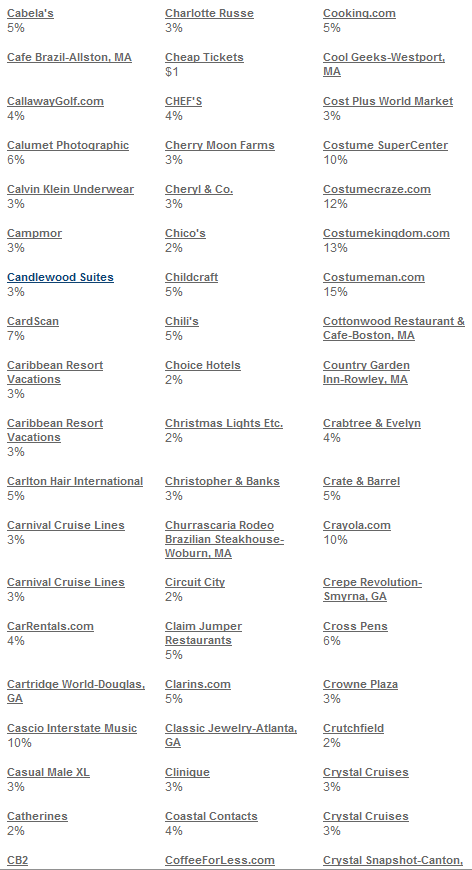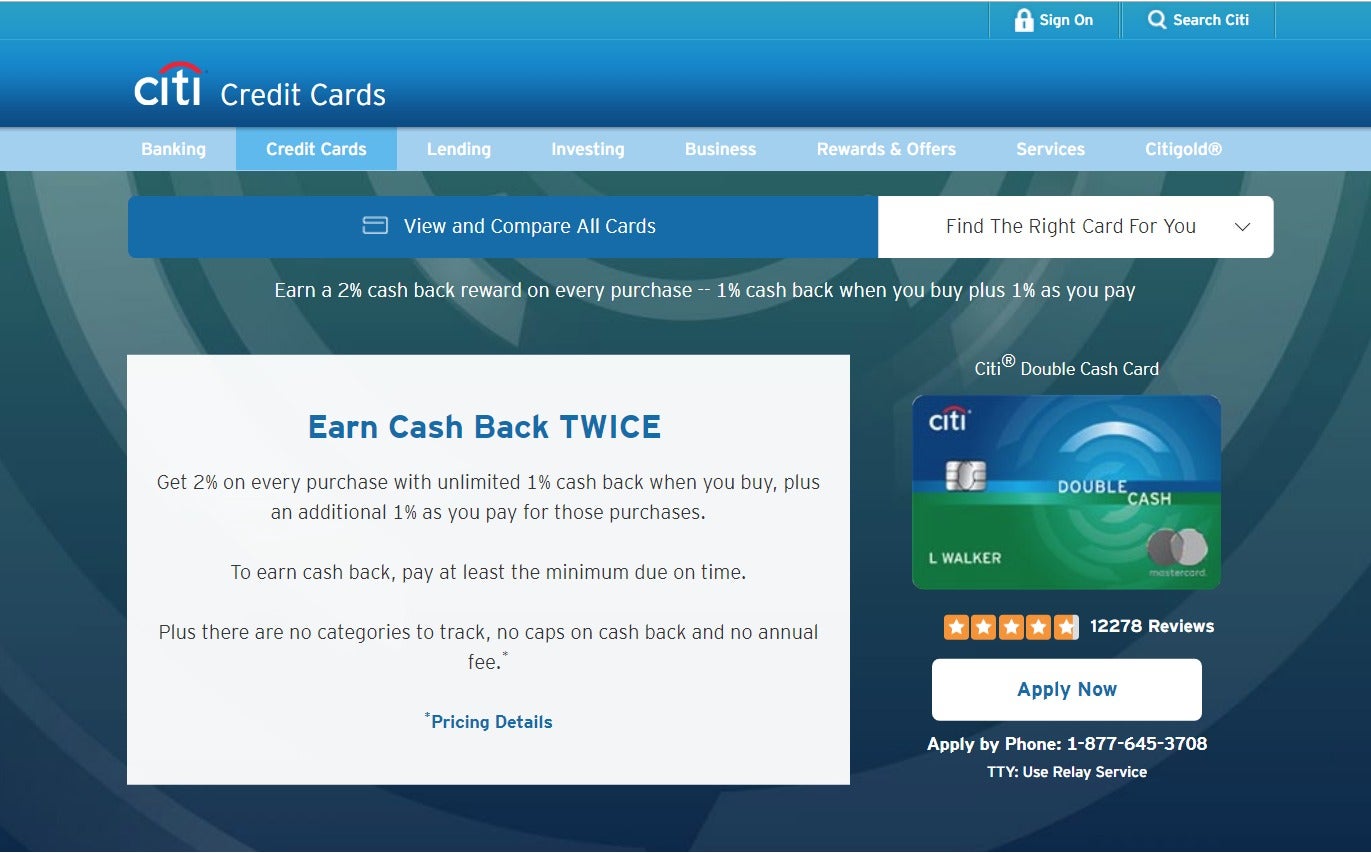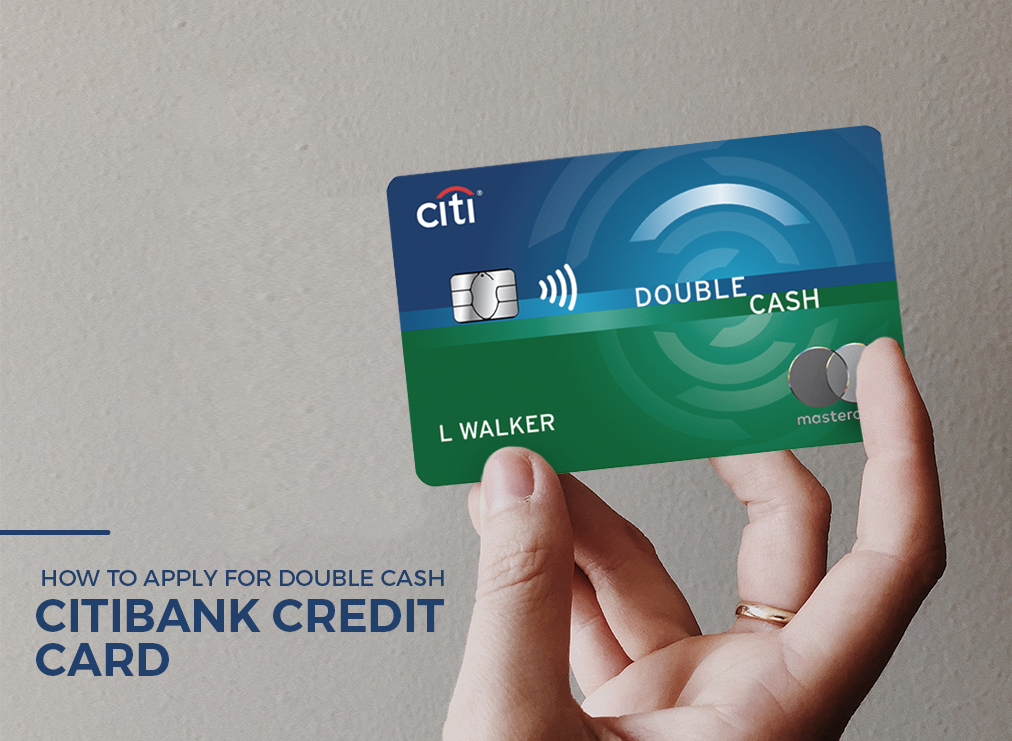
In general terms it does seem that Capital One is happy to make most of its profits from some other source than currency conversion fees. One way or another they will be making a profit on your transactions. Of course there may be other benefits to having CitiGold status that I do not know about.īanks are not philanthropic institutions. The $25 per month fee charged to CitiGold customers is the equivalent of a 3% fee levied on foreign ATM withdrawals totalling $10,000 in a year. They are $1.2690 and $1.4392 respectively or a spread of about 13%. Not that it is particularly relevant to this discussion but I just checked Citibank's buy/sell rates for €uros for today. This page is less useful especially in terms of ATM withdrawals but it does indicate why Dynamic Currency Conversion is to be avoided and why Capital One should be your only credit card for overseas travel. I'm not sure how scrupulously this page is maintained but there is a September 2009 date on the page so it appears to be reasonably up-to-date. This page gives a pretty comprehensive list of the foreign transaction fees levied by a fairly wide range of credit and debit/ATM card issuers. Leastwise that is what I have been told by Citibank with whom I do not have an account. CitiGold customers are not charged a fee but pay a monthly $25 service fee unless they maintain a combined balance of $100,000 on all their Citibank accounts. I hope this all works out for you Pixfield but you may want to take another look at what you are paying to use your ATM and credit cards.Įdit: Sorry, I was writing as Sunshine was posting Edited: 13 years agoĬitibank levies 3% on ATM withdrawals for its ordinary customers.
Citi double cash transaction fee plus#
Fees come from the currency conversion charge of 1% plus anything else your bank feels like skimming from the transaction. Note: French banks never impose fees on ATM withdrawals. They do pass along the 1% foreign currency conversion fee but then I obtain 1% rebate on all credit card purchases.Īdditionally, they reimburse any ATM fee I might encounter when using my ATM card anywhere. I believe in another solution - avoid big banks.įor example USAA (as well as many smaller banks and credit unions) never charges any fees or imposes any surcharges for any ATM withdrawal or credit card purchase anywhere - in or outside the US. The 1% fee might be dropped but the individual handling of specific preferred accounts seems unlikely.Įven if your ATM withdrawals are made without the currency exchange fee, why would you want to pay for everything in cash if you can use a credit card which offers the same deal as with your Capital One example?

I have never hear of a specific ATM transaction receiving a preferred rate of exchange. They all add 1% to these exchanges as their fee.

Cirrus, Visa, MasterCard all make large volume currency exchanges at market rates. I find the claim of "preferred" exchange rates dubious at best. The CapitalOne credit card can be a good deal but I have no information that their ATM withdrawals are free, either of the 1% currency conversion fee or of usage surcharges. Pixfield you travel sufficiently often that you should have had the foreign usage fees solved by now. The best you can do is minimize it - and beware.just because they give you a 1% currency transaction fee doesn't mean that they're giving you a good exchange rate to begin with. The markup is not only to cover operating costs, but also a hedge to cover currency fluctuations from day to day (let's be om hour to hour at times!) - again, because so much money flows across borders that a tiny fluctuation can create a loss of millions of whatever currency unit you're working in. These markups are usually only 1-2% at each level, because banks handle so much of this business that 1% ends up being a pretty good profit. They add a profit, then "sell" the currency on to regional banks (and yes, the local operating division of your bank, whether it's Citi, B of A, or Podunk National Bank, is a regional bank.) Let's call it the retail cost of the product (much like the price paid by a retailer for a product) THEY add a profit, too, before selling it on to the consumer. Let's call it the wholesale cost of the product (not exactly the same, but similar to the cost of producing a product by a manufacturer).

You as an individual will never, EVER buy currency at that rate. The official rate that is posted in the newspaper is the international rate for national banks and governments.

That's the bank's profit for handling the transaction. You're never, ever going to escape foreign currency fees.


 0 kommentar(er)
0 kommentar(er)
